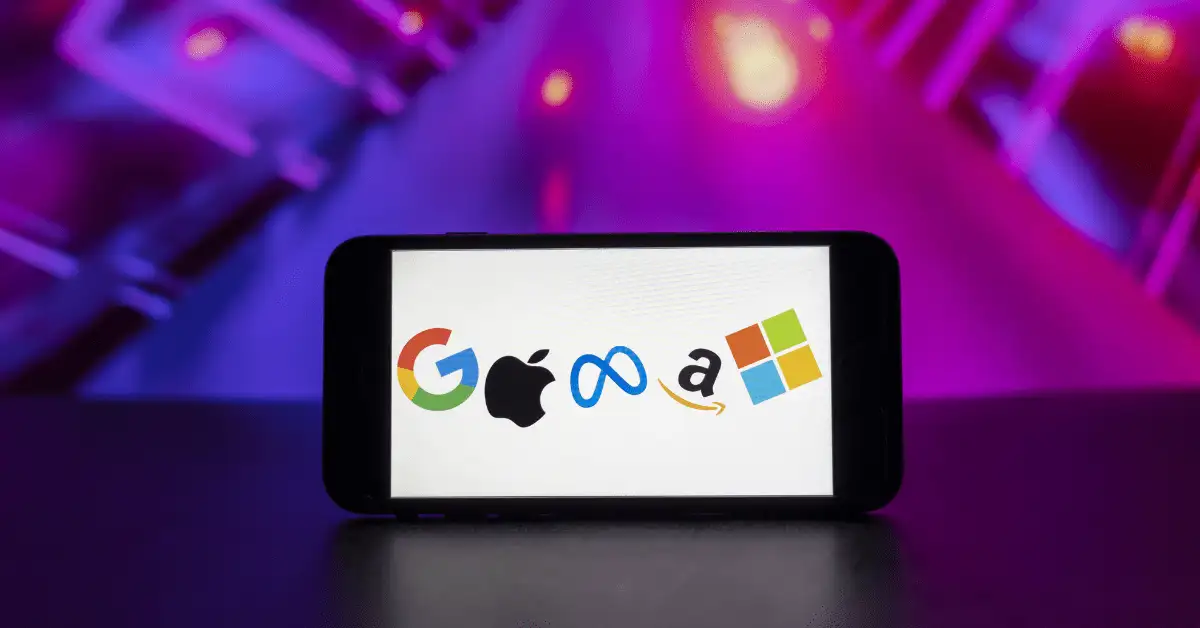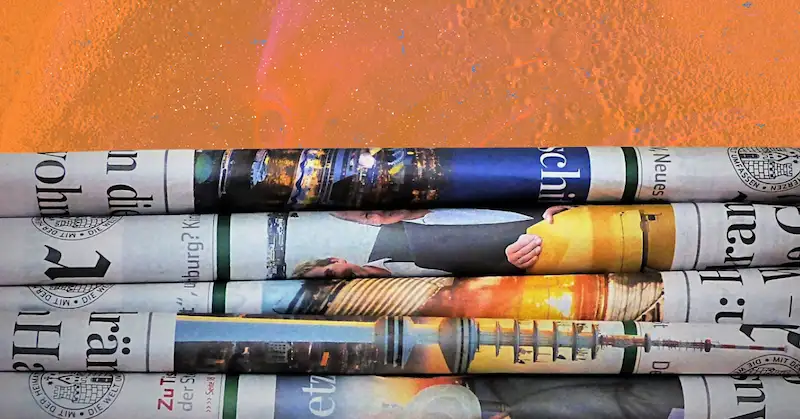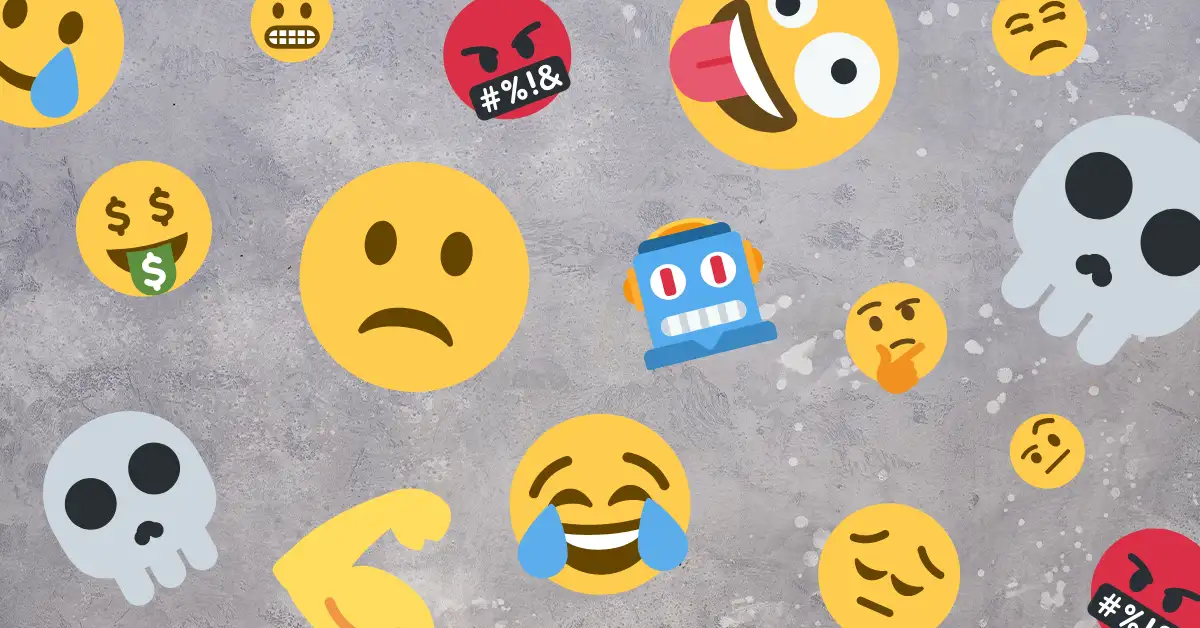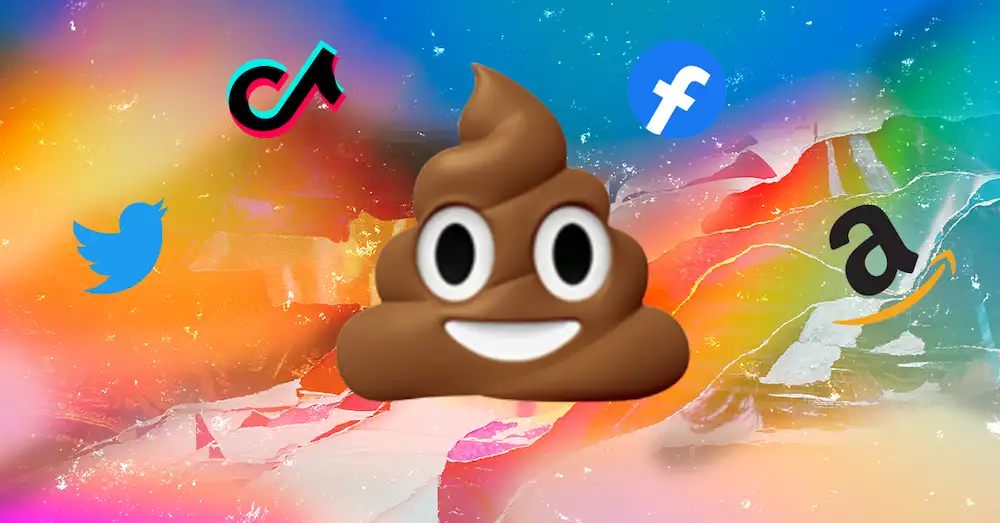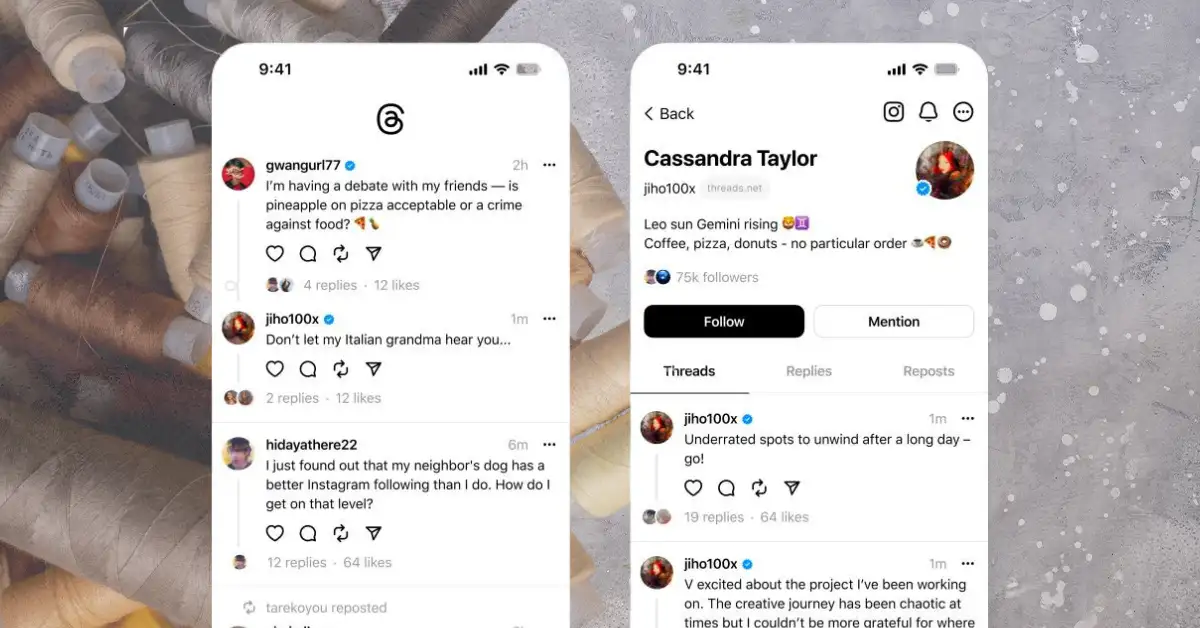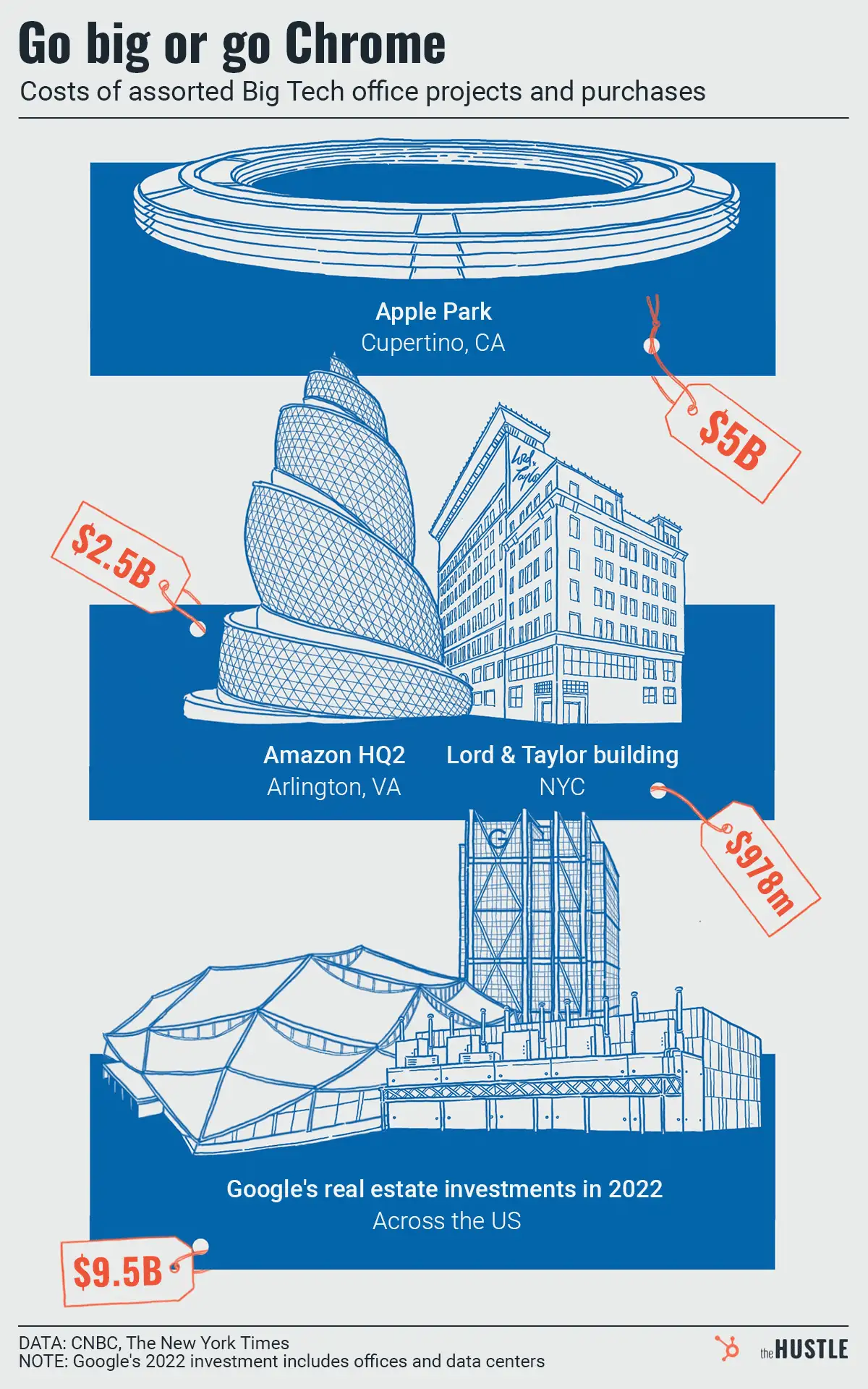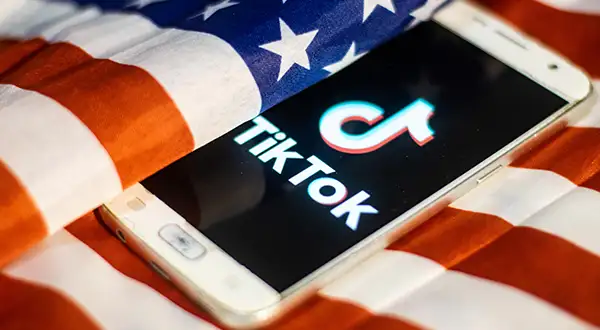Last week, Facebook unveiled “Facebook News,” a new section of its site dedicated to “deeply-reported and well-sourced” journalism.

[Not to be confused with the original FB news feed, which remains dedicated to pictures of old high school classmates and their new cats].
Facebook’s past news efforts have gone over poorly — especially after the company took heat for its role in spreading misinformation during the 2016 election — but now Zuckerberg is following other tech giants and investing in news.
So, what’s Facebook up to this time?
Facebook News, which rolled out for select users last week, is a new FB tab that features journalism from publishers like The New York Times, The Washington Post, BuzzFeed, and — controversially — Breitbart.
But Facebook News differs from previous efforts in a key respect: It will pay publishers for their content, striking big (sometimes multimillion-dollar) licensing deals. (Unlike the others, Breitbart will not be paid.)
Reactions across the news-osphere were mixed:
- BuzzFeed CEO Jonah Peretti called it “a good day for the internet.”
- Recode (Vox) described it as “a big deal for newspapers.”
- The New York Times called it “an uneasy truce.”
- TechCrunch said “it shouldn’t be trusted.”
After all, Facebook ain’t doing this for free
In an op-ed in The New York Times, Z-Berg argues Facebook News is a good deal for publishers because it “establishes a long-term financial partnership between publishers and Facebook for the first time.”
Of course, it’s also a great deal for Facebook, because it gives news consumers another reason to spend more time in the sticky ’Book.
But while not everyone agrees on Facebook News’ ultimate impact on publishers, its very existence suggests Zuckerberg has decided that original journalism could benefit the bottom line.
And Facebook isn’t the only tech that thinks news could pay…
- Apple launched its news aggregation service News+, which includes subscriptions to magazines like National Geographic and newspapers like The Wall Street Journal, in March.
- Amazon rolled out a news aggregation app, which curates news from publishers like CBS News, Reuters, HuffPost, and Bloomberg for Amazon Fire TV users, just last week.
- Google changed its algorithm to prioritize breaking and original news — a move that execs hope will encourage users to spend more time on the Big G — last month.
And media giants like CNN are also building news aggregators to combine their content with competitors’ to appeal to consumers.


